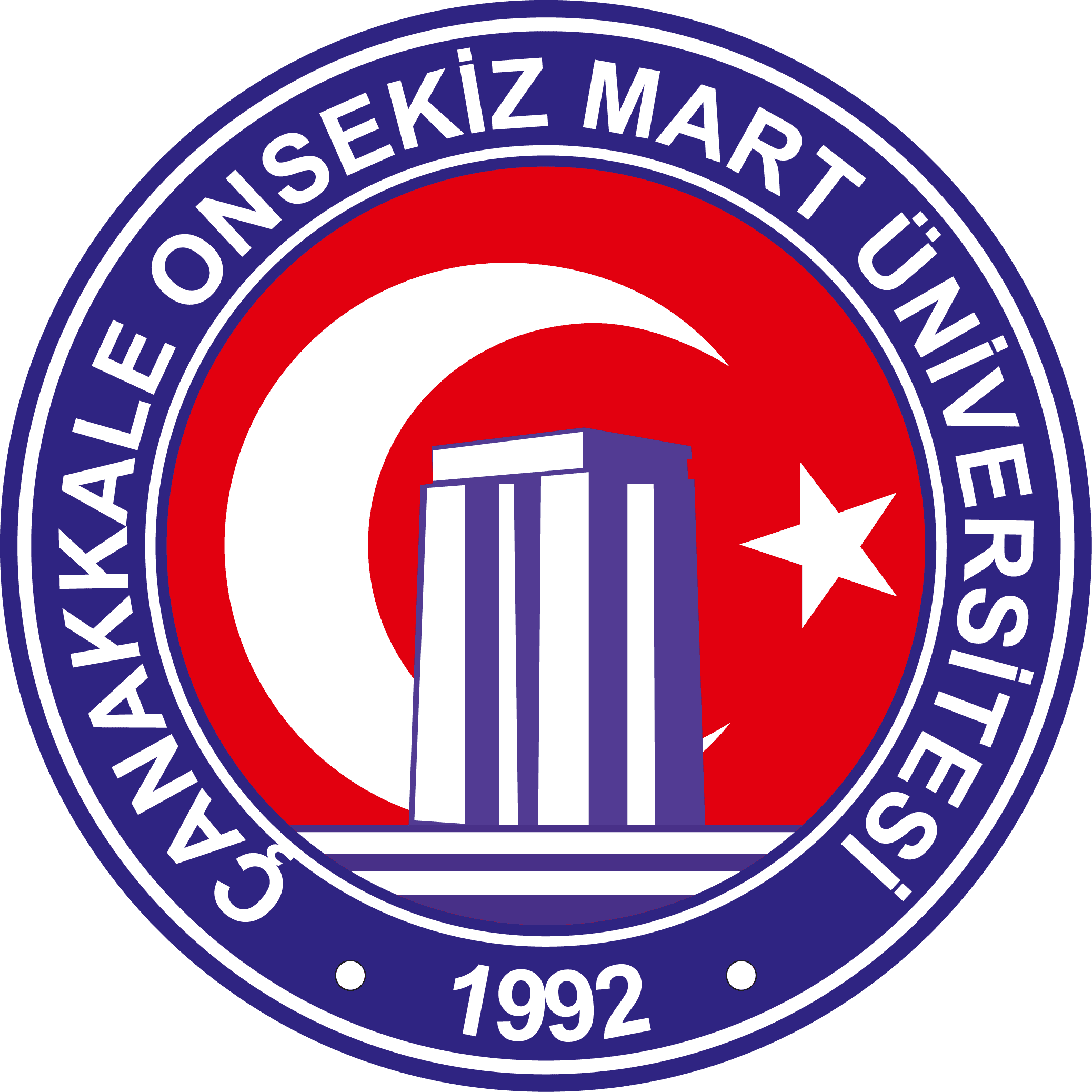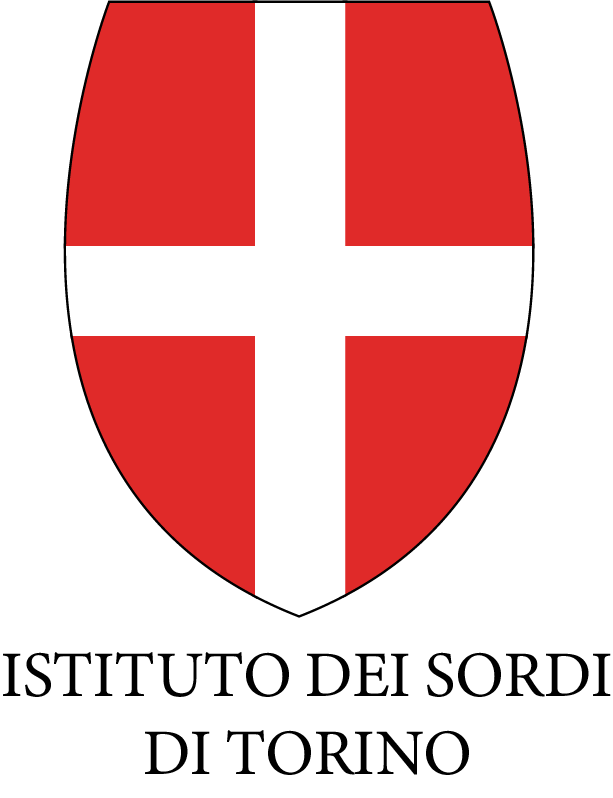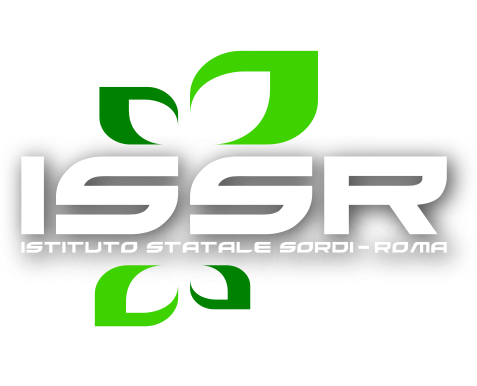project
About FTS
Free Technology Signs (FTS) is a project with 5 partners from Austria, Germany, Italy, Belgium and Turkey. The project aims to develop accessible and bilingual digital resources (in sign and written language) to enable deaf job seekers to learn independently and acquire knowledge of transferable digital skills. We want to increase the possibility for life-long learning and personal growth for deaf job seekers, thereby facilitating greater inclusion and employability.
Outputs:
There are three outputs:
Output 1: Based on a survey in local sign and written languages for three target groups (deaf job seekers, deaf experts and employers/recruiters), the project partners identify the transferable digital skills deaf job seekers need to develop. The results are summarised at country and transnational level in written reports and abstracts in national and international sign languages.
Output 2: “Digital skills tutorials” is a collection of accessible tutorial videos on basic transferable digital skills (e.g. online research, internet security, social media). The videos use sign language, animations with visual images, subtitles and accompanying plain language texts. There will also be a collection of sign language vocabulary (with the written word and an image) for complex terms and jargon.
Output 3: “Blended learning training package” consists of a curriculum, a blended learning training course and an accompanying digital handbook on the subject of transferable digital skills.. Blended learning is a mix of methods using online and digital methods, as well as traditional classroom-based training. The training will be tested by deaf job seekers.
Partner
equalizent was founded in 2004 and has 4 main areas of focus: people who are deaf; people who are hard of hearing; Sign Language; and diversity management. equalizent’s training and company concept are unique in Europe. Through various training and advisory services, equalizent supports people who are deaf and hard of hearing, as well as people with other disabilities, to find work.
A third of staff members are deaf. This means that deaf trainees are trained by deaf peers. equalizent organises the annual Diversity Ball – an accessible event which takes place in Vienna, Austria. equalizent also founded HANDS UP, an interactive exhibition, raising awareness about the Deaf world.
For more information about equalizent: www.equalizent.wien (in ÖGS, German and English)
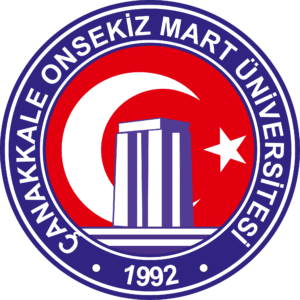 Established in 1992, Çanakkale Onsekiz Mart University (COMU) is one of the leading universities in Turkey with its nearly 47.500 students and qualified academic and administrative staff. In the diversity of its students, its global outlook, and its outstanding research, the COMU is also a university of compelling change. Çanakkale Onsekiz Mart University’s remarkable global appeal continues to grow with 18 faculties, 1 institutes, 3 colleges, 13 vocational high schools, 50 research and application centres and a Research Hospital.
Established in 1992, Çanakkale Onsekiz Mart University (COMU) is one of the leading universities in Turkey with its nearly 47.500 students and qualified academic and administrative staff. In the diversity of its students, its global outlook, and its outstanding research, the COMU is also a university of compelling change. Çanakkale Onsekiz Mart University’s remarkable global appeal continues to grow with 18 faculties, 1 institutes, 3 colleges, 13 vocational high schools, 50 research and application centres and a Research Hospital.
Çanakkale Onsekiz Mart University is an international university with the values of academic freedom, dynamism, transparency, flexibility and innovation. Our main objective is to increase our impact from a local to a global level. In order to achieve this, the COMU is increasing its academic and social activities by hosting national and international congresses, trying to meet international academic standards and developing high quality international strategic partnerships.
For more information about COMU: www.comu.edu.tr (in Turkish and English).
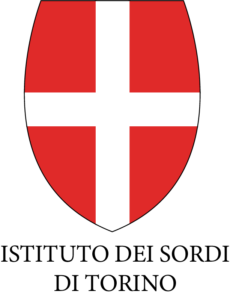 Istituto dei Sordi di Torino or the Turin Institute for the Deaf is a non-governmental organisation founded in the nineteenth century in order to provide support for people with hearing problems (deaf, blind, and deafblind) and to train their teachers. The Institute is located at Pianezza in the North-West of Italy and provides various types of support including daily care, assisted housing, assisted learning, therapy workshops (painting, cooking, cinema, sporting activities), VET education of people with disabilities. The Institute is highly experienced in Erasmus +projects.
Istituto dei Sordi di Torino or the Turin Institute for the Deaf is a non-governmental organisation founded in the nineteenth century in order to provide support for people with hearing problems (deaf, blind, and deafblind) and to train their teachers. The Institute is located at Pianezza in the North-West of Italy and provides various types of support including daily care, assisted housing, assisted learning, therapy workshops (painting, cooking, cinema, sporting activities), VET education of people with disabilities. The Institute is highly experienced in Erasmus +projects.
For more information about Istituto dei Sordi di Torino: www.istitutosorditorino.org (in Italian and English).
2010 marked the 200th anniversary of the Humboldt-Universität. During its history, the Humboldt-Universität has undergone many profound changes. The most recent reformation followed the Peaceful Revolution in East Germany in1989. Many new outstanding professors were appointed from East and West, from Germany and from abroad. Humboldt-Universität ranks in the top ten German Universities. The main aim is to promote young talent and to positively influence society and economy outside the university framework.
The Department of Deaf Studies and Interpreting is part of the Institute of Rehabilitation Sciences (https://www.reha.huberlin.de/de/institut/unser-profil). Two full-time programmes are offered by the Department of Deaf Studies and Interpreting: BA Deaf Studies (with two strands) a) Social Services and b) Interpreting and Translation — and MA Sign Language Interpreting. There are approximately 100 students enrolled in both programmes.
The main focus of interest of the department is the social, institutional and individual prerequisites for improving the participation and self-determination of people with disabilities and chronic diseases as well as the analysis of how society deals with diversity, which also includes dealing with culturally determined, gender-specific and social differences.
The European Union of the Deaf (EUD) is an organization representing deaf sign language users at the European level. It has the mandate of the National Deaf Associations to work towards a more socially cohesive, sustainable, and accessible Europe for deaf citizens realizing their inherent human rights. Its main objectives are the recognition of the right to use an indigenous sign language, empowerment through communication and information and equality in education and employment.
For more information about EUD: www.eud.eu (in English).
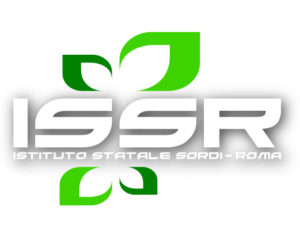 The Istituto Statale Sordi di Roma (ISSR) was the first institute for deaf education in Italy, in operation since the end of the 18th century. Today, ISSR is a modern institution dedicated to providing services to the deaf and hard of hearing, as well as their families, and professionals working in the field of deafness.
The Istituto Statale Sordi di Roma (ISSR) was the first institute for deaf education in Italy, in operation since the end of the 18th century. Today, ISSR is a modern institution dedicated to providing services to the deaf and hard of hearing, as well as their families, and professionals working in the field of deafness.
At ISSR, highly qualified deaf and hearing professionals are engaged in providing services and activities aimed at a full integration of deaf people into the social and educational domains. Services include sign language and interpreting classes, professional development courses in various areas of deafness and special education, a specialized information and counseling centre, a media and visual library, as well as a research and project department focusing on sign language education and bimodal bilingualism.
The ISSR strives always to involve deaf people in all aspects of projects. There are 18 people working in ISSR, of which 7 are D/deaf professionals. The institute is also a host for many associations dedicated to the social and cultural integration of the D/deaf, as well as a bilingual/bimodal school for both deaf and hearing children from pre to intermediate school.
For more information, please visit: http://piattaforma.issr.it/
Contact
You want to get in touch with us directly?
Contact us by email, private message on social media or simply fill in the form below.
We are looking forward to hearing from you!
